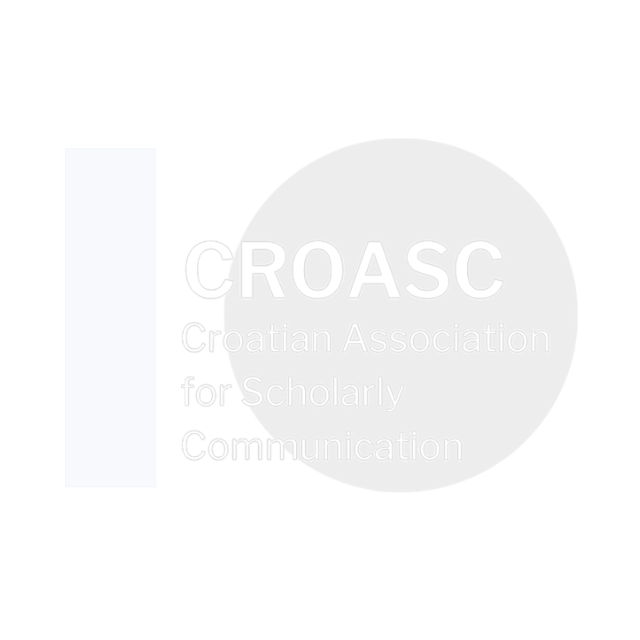Science Communication and Social Media Engagement Among Croatian Researchers: Insights from a National Survey
poster presentation × thursday × 14.00-15.30
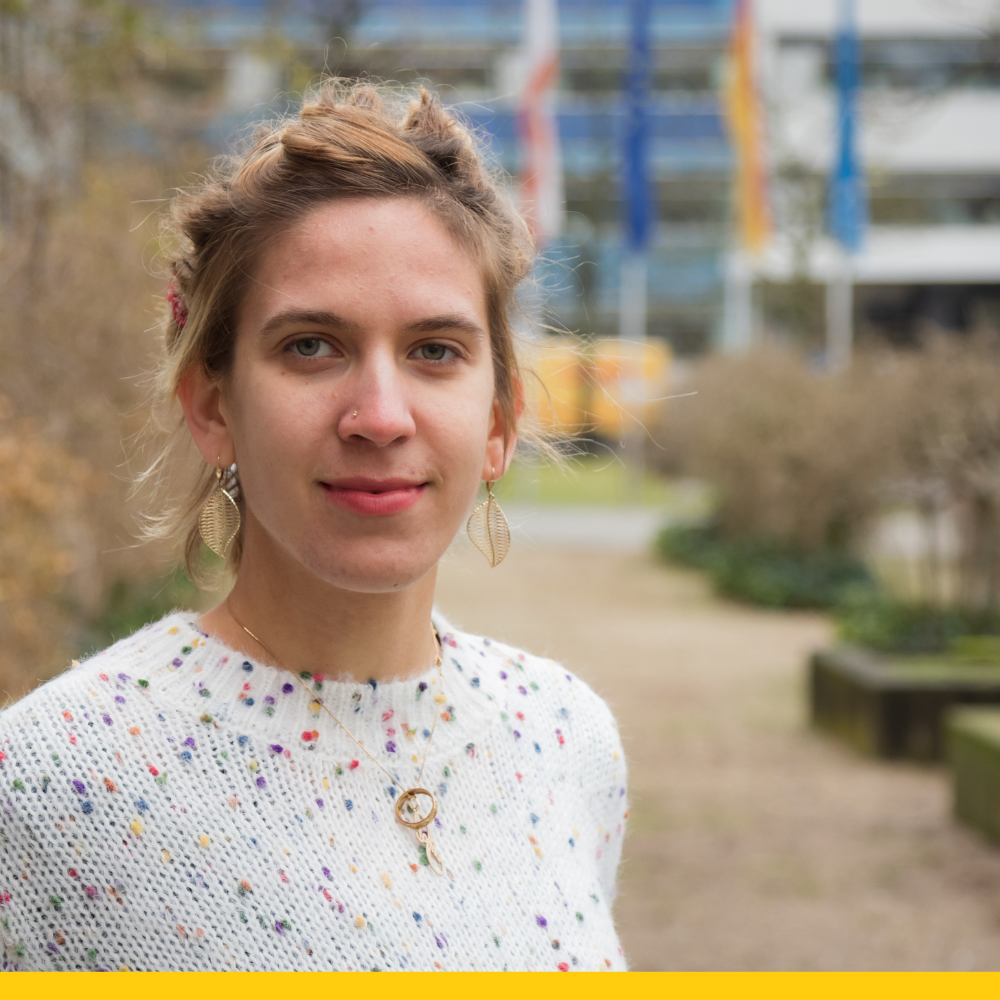
Inga Patarčić
Max Delbrück Center for Molecular Medicine
Berlin, Germany
Udruga Penkala
Croatia
Una Pale Simon
University of Zurich
Switzerland
Udruga Penkala
Croatia
Maja Hoić
Institute for Development and International Relations, University North, Udruga Penkala
Croatia
Ksenija Baždarić
University of Rijeka, Udruga ZNAK
Croatia
Ivan Buljan
University of Split, Croatian Reproducibility and Integrity Network
Croatia
Antica Čulina
Ruđer Bošković Institute
Croatia
Ana Marušić
University of Split, Croatian Reproducibility and Integrity Network
Croatia
Jadranka Stojanovski
University of Zadar
Croatia
Effective science communication is essential for fostering public trust in research, ensuring informed decision-making, and strengthening the relationship between science and society.
A recent study conducted through the Eurodoc network of associations representing early-career researchers and doctoral candidates in Europe (Berezko et al., 2021) surveyed researchers across the continent and addressed aspects of science communication and outreach, but failed to adequately represent the Croatian academic context.
This study explores how Croatian researchers engage in science communication practices and social media engagement based on a dual approach combining self-reported survey data and content analysis of institutional communication practices. It is part of a broader preregistered study on Open Science (Hoić et al., 2024), with this contribution focusing on perceptions and practices related to science communication and outreach.
As of March 2025, 449 researchers from various disciplines and career stages participated in the national survey. Participants provided information on their use of social media platforms (e.g., Twitter, Facebook, LinkedIn) for professional purposes, their views on the role of science communication in research, and their engagement in outreach activities.
While the majority of respondents emphasize the importance of communicating science to the public (88.5%) and believe researchers should present their work clearly on personal or institutional websites (81.2%), 72.4% disagree that Croatian researchers currently communicate science adequately.
Regarding social media use, 76.1% of participants have a Facebook profile, 63.0% LinkedIn, and 60.0% ResearchGate. However, only 27.4% use ResearchGate, 19.6% LinkedIn, and 9.1% Facebook to promote their research. Use of X (formerly Twitter) for this purpose remains limited (7.0%), despite being one of the most visible platforms for science communication internationally.
These findings resonate with prior international studies; for instance, (Collins et al., 2016) found that while many scientists use social media platforms like Facebook, Twitter, LinkedIn, and blogs, the frequency of using these platforms specifically for public outreach and science communication remains relatively low. This trend also reflects broader challenges within academia: Canfield et al. (2020) identified significant barriers to participating in outreach, including limited time, lack of institutional support, and concerns about professional credibility; while Johnson et al., (2013) showed that science outreach has traditionally been perceived as a low-status task, often undertaken by graduate students and early-career faculty, predominantly women.
To complement the survey data, we will conduct a content analysis of the official social media accounts of Croatian universities and research institutions, assessing their activity levels, types of content shared, and audience engagement metrics. By comparing these institutional practices with the self-reported behaviours and attitudes captured in our survey, we aim to identify correlations between organizational communication strategies and individual researchers’ engagement in science communication.
Together, this study should provide a more complete picture of science communication perceptions and practices among Croatian researchers and inform efforts to improve both individual and institutional engagement with the public.
keywords
Croatia, Outreach, Science communication, Social media, Public engagement
References
Berezko, O., Medina, L. M. P., Malaguarnera, G., Almeida, I., Żyra, A., Seang, S., Björnmalm, M., Hnatkova, E., & Tata, M. (2021). Perspectives on Open Science and Scholarly Publishing: A Survey Study Focusing on Early Career Researchers in Europe (10:1306). F1000Research. https://doi.org/10.12688/f1000research.74831.1
Canfield, K. N., Menezes, S., Matsuda, S. B., Moore, A., Mosley Austin, A. N., Dewsbury, B. M., Feliú-Mójer, M. I., McDuffie, K. W. B., Moore, K., Reich, C. A., Smith, H. M., & Taylor, C. (2020). Science Communication Demands a Critical Approach That Centers Inclusion, Equity, and Intersectionality. Frontiers in Communication, 5. https://doi.org/10.3389/fcomm.2020.00002
Collins, K., Shiffman, D., & Rock, J. (2016). How Are Scientists Using Social Media in the Workplace? PLOS ONE, 11(10), e0162680. https://doi.org/10.1371/journal.pone.0162680
Hoić, M., Pale, U., Patarcic, I., Stojanovski, J., Buljan, I., Marusic, A., & Culina, A. (2024). Survey on perception and practices of open science in Croatia. https://doi.org/10.17605/OSF.IO/PM6SX
Johnson, D. R., Ecklund, E. H., & Lincoln, A. E. (2013). Narratives of Science Outreach in Elite Contexts of Academic Science—David R. Johnson, Elaine Howard Ecklund, Anne E. Lincoln, 2014. https://doi.org/10.1177/10755470134991
Presenter's biography
Dr. Inga Patarčić is a research data manager at the Max Delbrück Center for Molecular Medicine in Berlin, focusing on open science, data governance, and research communication. She holds a PhD in bioinformatics from Humboldt University of Berlin. Dr. Patarčić is president of the Znanost u prolazu Association, which promotes women in science, public engagement with research, and the visibility of scientists in Croatian society. She also contributes to initiatives related to open science and the Croatian scientific diaspora through Udruga Penkala.

